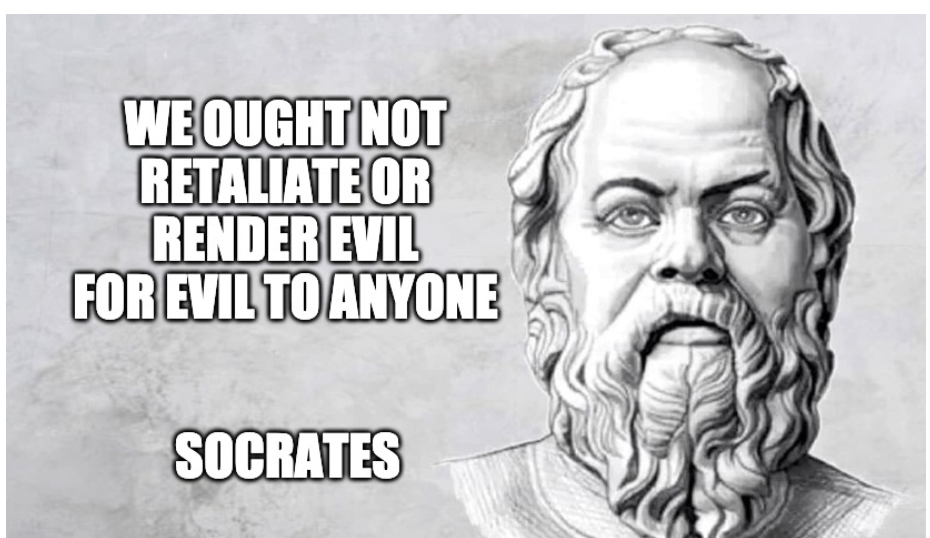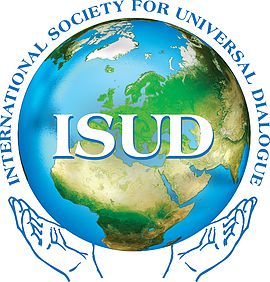Fresno Bee, December 22, 2020
President Trump has a steely spine. He is feisty and pugnacious. Some people admire him for his toughness. But toughness is not the only thing that matters. There is also a need for a more tender-hearted morality.
Trump is a paradigmatic tough guy. The title of Trump’s 2011 book is “Time to Get Tough.” He explained that to fix America “we’ve got to be smart and get tough.” Earlier this year Trump bragged that all of the tough guys are on his side: the police, the military, and the bikers. And in a famous tweet from 2105 he said, “When somebody challenges you unfairly, fight back, be brutal, be tough, don’t take it. It is always important to WIN!”
Trump’s recent letter to House Speaker Nancy Pelosi is a great example of how tough guys operate. A softer man would have apologized, resigned, or attempted to negotiate a compromise. But Trump expressed no remorse or interest in reconciliation. Indeed, he touted his toughness in the letter, saying “I have been far tougher on Russia than President Obama ever even thought to be.”
The letter is scathing and belligerent. He accuses the Democrats of staging a partisan coup. He says the Democrats view democracy as their enemy and are “declaring open war on American Democracy.” He even suggests that Pelosi has weaponized religion, suggesting that she prays for his demise.
Some people admire truculent tough guys. Pop culture is full of them. Americans love movies about cowboys, soldiers, gangsters and cops. We like Robert De Niro, Clint Eastwood and Samuel L. Jackson.
History is also full of tough guys. Plato described a tough guy named Thrasymachus, whose name literally means “bold fighter.” Thrasymachus defined morality simply as helping friends and harming enemies.
That’s how tough guys view the world: divided between friends and enemies. They reward loyalty and show no mercy to their rivals. For tough guys, the essence of morality is power, since power allows you to help your friends and punish your enemies.
The tough world view is self-reinforcing. You assume that your enemies are waiting to pounce and that your allies may sell you out. The solution is to be relentless toward friends and enemies alike. But that causes friction and animosity, which increases the need for further toughness.
In a tough world, even loyal comrades are temporary. The assumption is that people only do favors looking for something in return. This is a world of cronies and accomplices, vendettas and possible violence. It is the world we see in Shakespeare and Sophocles, as well as in Hollywood.
Philosophy and religion provide a critique of toughness. A more tender-hearted morality is espoused by Socrates, who argued against Thrasymachus’s hard-hearted worldview. Socrates said, “we ought not retaliate or render evil for evil to anyone.”
Jesus said something similar. But Jesus went a step further in his advocacy of love. Not only are we to love our neighbors, we are even supposed to love our enemies.
Tender-hearted morality looks beyond the distinction between friend and enemy. It judges things impartially. It sees dignity and worth in all persons. It respects everyone equally. It forgives and shows mercy. It wants to transform enmity into community.
Tender-hearted morality elevates love above power. It thinks that gentle kindness is superior to tough-minded ferocity. Instead of seeking favors, soft hearts give without expectation of payback. Instead of a loyalty and revenge, tenderness calls for hospitality and compassion.
Tough guys will see tenderness as foolish. Softness shows weakness and vulnerability. In a tough world, enemies will exploit weakness. Those enemies must be defeated. And the cronies and accomplices must be kept loyal. The tough cannot yield. They cannot admit wrongdoing. They cannot offer mercy or seek forgiveness.
The logic of toughness is understandable. But unyielding Scrooges and gritty Grinches inhabit a dark and lonely place. The antidote is to soften up your spine and open up your heart. The Christmas message calls us toward charity and joy. Instead of winning and fighting back, this is a time of giving and forgiving. It is a season that encourages us to set aside the love of power and recall the power of love.



